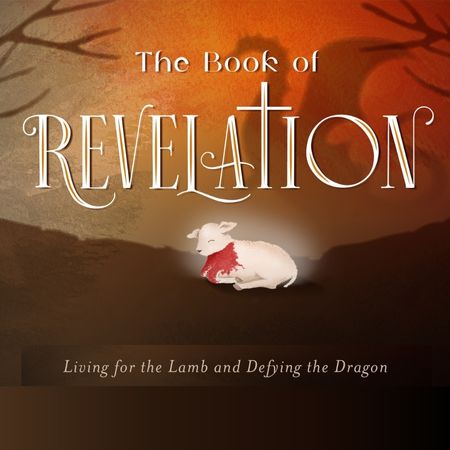Like the 6 churches before it (and every church after it for that matter), the church in Laodicea needs to hear a word from the Lord. What we see in this letter to Laodicea is a clear call to turn back to King Jesus by turning away from their self-reliance and complacency. They have become useless because they have lost sight of some key truths.
Sermons on God's Love
The 2nd week in this year’s Advent Messages we look at the gift of Love and how transformative love requires knowing god personally, is counter-cultural, unites the Body of Christ and changes the World.
This week we’re right back in the thick of the mire. The people have once again, as expected perhaps, spurned God’s grace and love as they continue to run back to those gods who give no grace. As hard as it may be to come to this recurring theme of rebellion time and again, it is necessary because we tend to be Good-News-forgetful people. We need to hear the truth that we all are sinners in need of a Savior, and we need to hear it again and again and again.
We know God is love. But what does that mean? It cannot be whatever we want it to be. Or at least it shouldn’t be. Whatever we say it is ought to be whatever He says it is. So, scripture must guide our way in that. As we look at this passage, we look at the way in which God’s love displays itself in action toward these Israelites.
Whereas God’s love was front and center last week, humanity’s sin comes to the front this week. Yet, as is always the case, God’s enduring love never moves from the center. God is always clear about the depth of our depravity. While this reality is bad, such bad news is no match for the Good News!
God’s love flows throughout this passage! But this chapter is honest about the brokenness of the ones (Israel in the immediate context and all people by extension) God loves. Even though humanity’s sin is great, His love is greater! It is helpful as well to recognize that there are aspects of His love in this chapter that are not often emphasized when we talk about God’s love.
When God calls on/commands Hosea to marry “a promiscuous woman” this marriage is a literal relationship as well as figurative for the relationship God has with His people. He is a faithful “husband,” whereas His people are the unfaithful “wife” going after other “lovers.” But this story can (and should!) reorient us toward better understanding who we are as His people (His bride) and what our idolatry really is (whoring after other lovers). This is strong but biblical language for idolatry.
(Psalm 117)
As Paul opens his letter to Titus and the Cretan church, Paul reminds Titus that the Gospel of Jesus was not something that happened as a response to sin as if God didn’t know that it was going to happen. Instead it was his plan to pour out his grace on us to give us hope and demonstrate his love for us. The grace of God in Jesus is a recurring theme. The emphasis becomes on the connection between grace and action. Such is the overwhelming nature of God’s grace that we are to respond to his grace wholeheartedly and without reservation.
Jesus is the Lord of the harvest and He calls us to join Him in His harvest mission.







